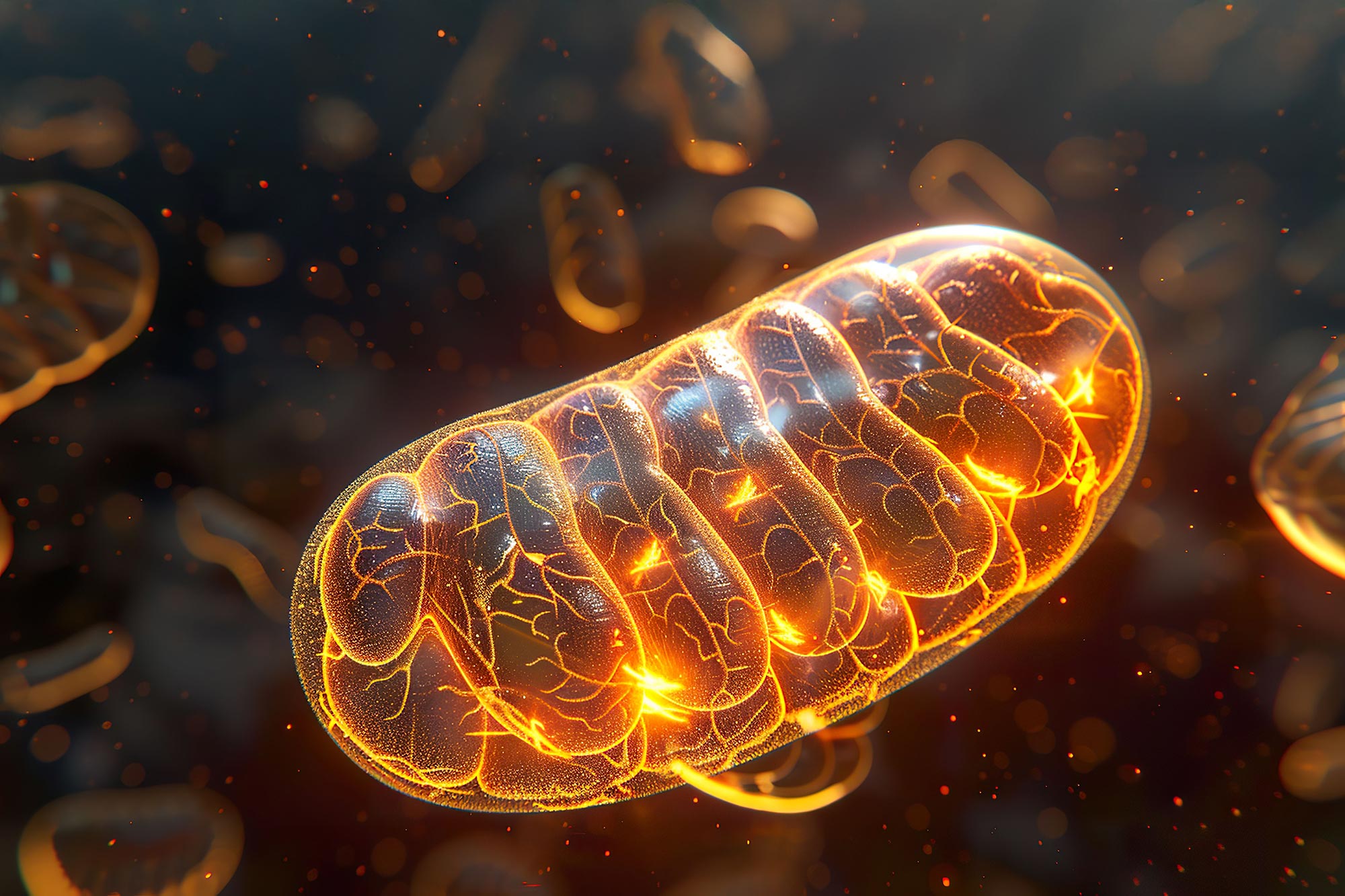A new study reveals that a buildup of metabolism in specialized brain cells is what triggers the need for sleep.
Sleep may serve as more than rest for the mind; it may also function as essential upkeep for the body’s energy systems. A new study from University of Oxford researchers, published in Nature, shows that the drive to sleep is caused by electrical stress building up in the tiny energy-producing structures of brain cells.
This finding provides a concrete physical explanation for the biological need for sleep and has the potential to reshape scientific thinking about sleep, aging, and neurological disorders.
Mitochondria and energy imbalance
The research team, led by Professor Gero Miesenböck from the Department of Physiology, Anatomy and Genetics (DPAG) and Dr. Raffaele Sarnataro at Oxford’s Centre for Neural Circuits and Behaviour, discovered that sleep is triggered when the brain responds to a subtle imbalance in energy. The central role lies with the mitochondria, microscopic organelles that convert oxygen and food into usable energy.
In certain sleep-regulating neurons studied in fruit flies, mitochondria that become overloaded begin leaking electrons. This leakage produces harmful byproducts called reactive oxygen species. The leak functions as a signal that forces the brain into sleep, allowing balance to be restored before cellular damage spreads further.
“You don’t want your mitochondria to leak too many electrons,” said Dr. Sarnataro. “When they do, they generate reactive molecules that damage cells.”
Neurons as circuit breakers
The team also discovered that specialized neurons behave like circuit breakers: they monitor the electron leak from mitochondria and trigger sleep once a critical threshold is reached. By altering how these cells managed their energy—either increasing or reducing electron flow—the scientists were able to directly control the amount of sleep in fruit flies.
Even replacing electrons with energy from light (using proteins borrowed from microorganisms) had the same effect: more energy, more leak, more sleep.
Professor Miesenböck said: “We set out to understand what sleep is for, and why we feel the need to sleep at all. Despite decades of research, no one had identified a clear physical trigger. Our findings show that the answer may lie in the very process that fuels our bodies: aerobic metabolism. In certain sleep-regulating neurons, we discovered that mitochondria – the cell’s energy producers – leak electrons when there is an oversupply. When the leak becomes too large, these cells act like circuit breakers, tripping the system into sleep to prevent overload.”
The findings help explain well-known links between metabolism, sleep, and lifespan. Smaller animals, which consume more oxygen per gram of body weight, tend to sleep more and live shorter lives. Humans with mitochondrial diseases often experience debilitating fatigue even without exertion, now potentially explained by the same mechanism.
“This research answers one of biology’s big mysteries,” said Dr. Sarnataro. “Why do we need sleep? The answer appears to be written into the very way our cells convert oxygen into energy.”
Reference: “Mitochondrial origins of the pressure to sleep” by Raffaele Sarnataro, Cecilia D. Velasco, Nicholas Monaco, Anissa Kempf and Gero Miesenböck, 16 July 2025, Nature.
DOI: 10.1038/s41586-025-09261-y
Never miss a breakthrough: Join the SciTechDaily newsletter.
